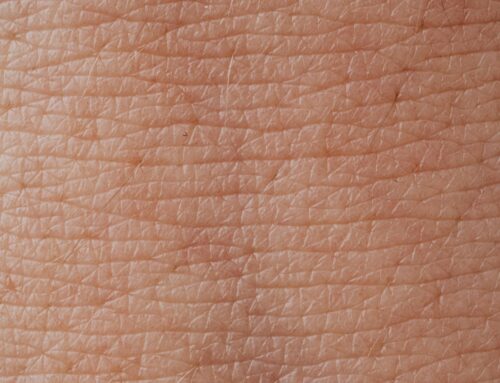Many people love shiny things, but not when it comes to oily skin. Oil produced by the skin is called sebum, and it is produced by sebaceous glands. Sebum production is influenced by stress, humidity, hormones, and genetics. More males have oil skin than females because they have larger and more active sebaceous glands. For anyone, having oily skin is bothersome since more pores become clogged and acne breakouts are induced.
Ways to Control Oily Skin
- Wash your face every morning and evening, and after you exercise. Wash your face using a gentle, foaming face cleanser. Using a strong face wash to purposely dry out the skin can be too harsh and irritate the skin, stimulating oil production. Do not use oil-based or alcohol-based cleansers, as it will irritate your skin. Additionally, avoid scrubbing with a washcloth or loofah, as the exfoliant will irritate your skin further and trigger oil production.
- Choose skin care products labeled “non-comedogenic” and “oil-free”. These products were made with ingredients that will not clog pores.
- Use blotting papers. Press the paper gently against your face for a few seconds to absorb oil. Do not rub the paper on your face to avoid spreading oil to other areas.
- Don’t touch your face. If you touch your face with your hands throughout the day, you will spread dirt, oil, and bacteria to your face. Your face should only be touched with clean hands when you are cleansing, moisturizing, applying sunscreen, and wearing makeup.
- Wear mineral sunscreens. Mineral sunscreens contain zinc oxide and titanium oxide. Do not use sunscreens with fragrances or heavy oils.
- Use moisturizers. Dry skin produces more sebum. By moisturizing your skin, the sebaceous glands will stay less active.
Although having oily skin is often perceived as a bad thing, having oil production preserves the skin. People with oily skin tend to have thicker skin and fewer wrinkles. The best skin can be obtained by finding a regimen that reduces excess oil but maintains moisture and hydration in the skin.





